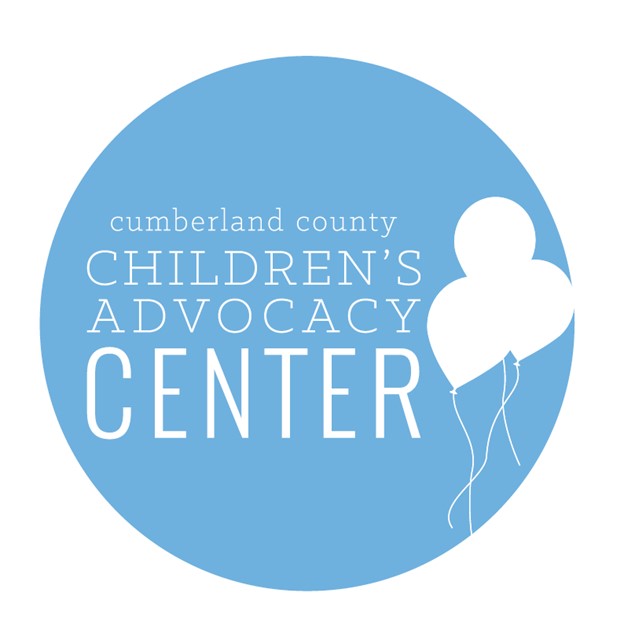
January is National Slavery and Human Trafficking Prevention month, which provides an opportunity to shine a light on this prevalent problem and the response that the Cumberland County Children’s Advocacy Center (CCCAC) at Spurwink is providing for youth that experience this form of victimization. Sex trafficking or commercial sexual exploitation occurs when a sex act is provided in exchange for money, food, shelter, drugs, protection, or anything of value for the child. The most common age that youth are first exploited in this manner is between 11-13. Many youth are not willing or able to share their experiences due to manipulation and control that their exploiter has over them, making it especially difficult to identify these youth. Nationally it is recognized that a multi-disciplinary team approach is most effective in meeting the needs of these complex youth. The CCCAC, with grant support, hired a coordinator who identifies and convenes a team of providers including law enforcement, child protective services, clinicians, correctional officers, and medical providers to discuss and triage the needs of the youth who are confirmed to be or are at high risk of exploitation.
Currently the CCCAC has 47 active cases, all in Cumberland County. Consistent with national trends the CCCAC, has seen an increase of online sextortion cases. According to Cyberbullying Research Center, 5% of teens have been the target of sextortion with only 30% telling an adult about their experience due to fear and shame. This crime occurs when an offender, usually an adult, threatens to distribute nude or compromising images of a youth for financial gain. Teens, particularly males are being targeted by scammers.. The CCCAC in collaboration with partner agencies is working to improve screenings for this form of online exploitation and also to create accessible prevention materials and trainings for guardians, youth and providers.
The CCCAC in collaboration with Maine Coalition Against Sexual Assault (MECASA), continues to provide support to other CAC’s in the State as they prepare to launch similar programming. The CCCAC has seen an increase in the number of youth who are being trafficked in multiple counties accelerating the need for a multi disciplinary response in all counties.
To date we have trained approximately 110 stakeholders how to identify and refer suspected Commercial Sexual Exploitation of Children (CSEC) cases for follow-up to law enforcement, presented to 50 law enforcement staff about identification and response to CSEC cases, and educated over 50 mental health professionals about how to identify and work with clients experiencing trafficking and/or exploitation.
This important work is supported from the following funders: United Way of Southern Maine and MECASA.
